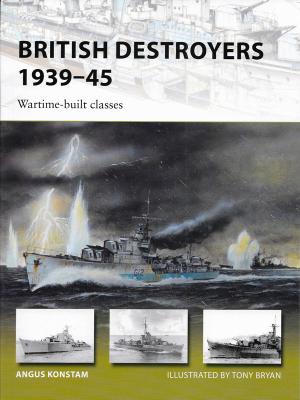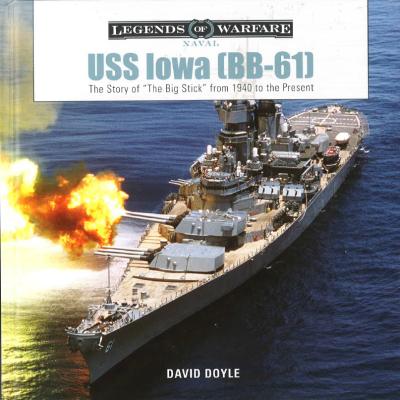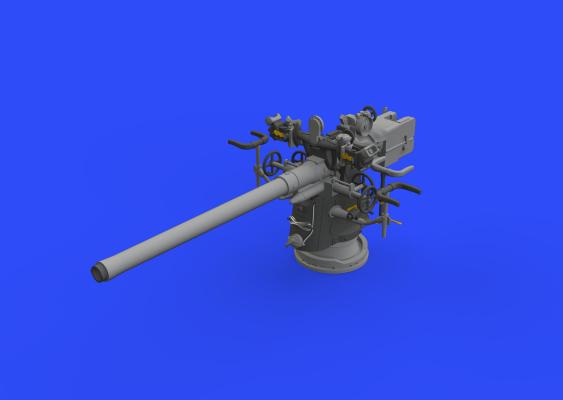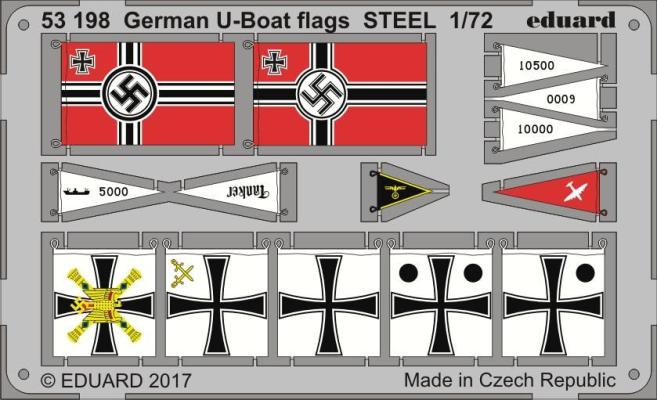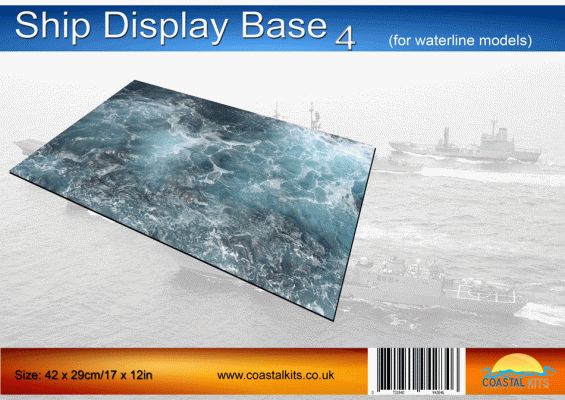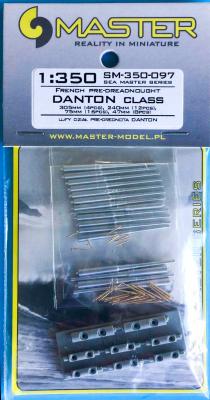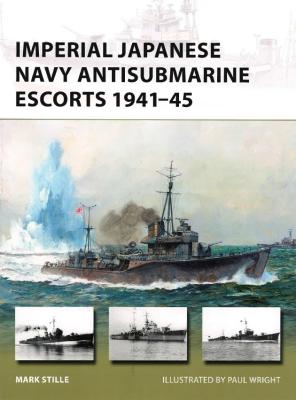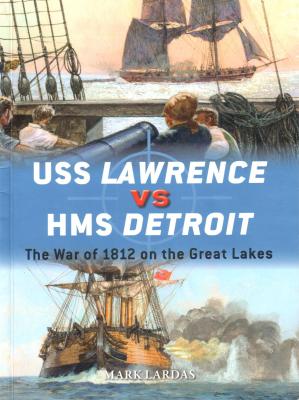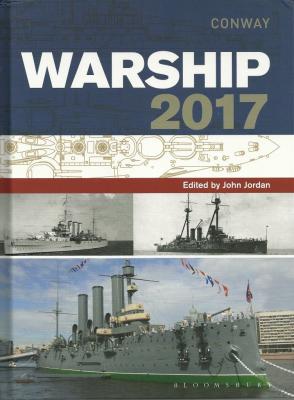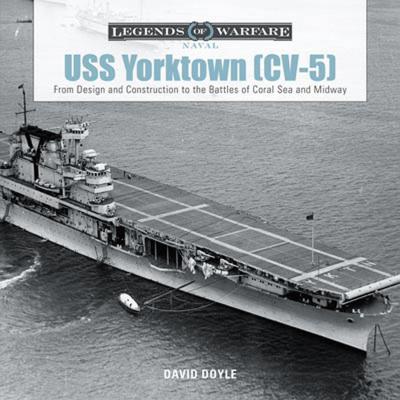This is Angus Konstam’s follow-up volume to his earlier work on Pre-war Royal Navy destroyers. As he explains, the real division between “pre-war” and “war-built” destroyers came in 1938, when the new “Tribal” class destroyers came into service. Between the First and Second World War, the Royal Navy operated many destroyers, but by the mid-1930s it was obvious that the Admiralty’s older destroyers were being outclassed by those of foreign navies. Thus, a new series of destroyers was designed to compete directly with potential foreign adversaries, the first being the 8-gunned Tribals, built directly in response to the Japanese Fubiki class. Follow on classes were more balanced designs, with fewer guns and more torpedoes and ASW weapons, and finally, the War Emergency Program classes specialized in simplicity of design for quicker mass production, with lighter surface weapons and more depth charges for escort work.
David Doyle’s latest book is one of the initial entries into a new series called ‘Legends of Warfare’ with entries in Ground, Naval, and Aviation. The first Ground book is focused on the Panzerkampfwagen IV, the first Naval book was on the USS Yorktown (CV-5), and the first two Aviation books are on the Curtiss P-40 Warhawk (#4) and Douglas TBD Devastator (#3). This tome is the second release in the Legends of Warfare – Naval series.
When Trumpeter announced they were releasing a 1/48 scale Type VII U-boat, many were amazed and skeptical. The kit would be huge and Trumpeter has had delays in the past. The U-boat has come out and I am pleased to say it is large and well detailed for a plastic kit with a full interior. One part of the kit is its 8.8cm deck gun and it’s nice. Eduard saw an opportunity for a great upgrade and issued a full resin and photoetch deck gun for the massive kit. This set consists of 38 excellent resin parts and a small photoetch fret of 22 small pieces. Casting is top notch- no air bubbles and the resin Eduard uses is tough and a little flexible which is excellent to handle.
The Revell 1/72 U-boat kit has been out a while and is a wonderful kit. Coming from Germany, one of its foibles is that the flag has no swastika due to the laws. There have been several replacements but very little else in the markings arena for the actual kit. Eduard to the rescue with its colorized photoetch. This set contains fourteen different flags for the U-boat including:
Coastal Kits specializes in display bases for models and has a wide ranger covering aircraft, armor, ships, railway and even sci-fi. From their website above, the bases are pre-printed with high quality imaging on a laminated wipeable matt vinyl surface which, unlike paper products, will not raise or bubble and are mounted on a durable 3mm foamex base. The base for this review is the Ship Display Base #4 which is 12” x 17” in size and printed with a nice ocean scene. It is an excellent size for 1/700 large ships or smaller ships in larger scales.
Looking at what is in the package, it is a beautifully printed base on one side attached (as advertised) to the foamex board. The board is fairly flat but I suggest attaching to an even firmer board and taking the time to frame the edges for better finish.
The Danton Class represented six pre-dreadnought battleships of the French Navy, built in France between 1907 and 1911. Outclassed before they were completed, and obsolete by the end of World War One, the five surviving ships were relegated to second-line roles by 1920. The ships included the Danton (sunk by U-64 in 1917), Condorcet (Scrapped 1949), Diderot (Scrapped 1937), Mirabeau (Scrapped 1921), Vergniaud (Scrapped 1928), and Voltaire (Scuttled 1938, scraped 1950). The main battery consisted of four 305mm/45 Modèle 1906 guns in two twin gun turrets. The secondary battery consisted of twelve 240mm/50 Modèle 1902 guns in six twin gun turrets. Torpedo boat defense was supplied by sixteen 75mm (3.0”) Modèle 1908 Schneider guns and ten 47mm (1.9”) Hotchkiss guns.
Mark E. Stille (Commander, United States Navy, retired) received his BA in History from the University of Maryland and also holds an MA from the Naval War College. He has worked in the intelligence community for 35 years including tours on the faculty of the Naval War College, on the Joint Staff and on US Navy ships. He is currently a senior intelligence analyst working in the Washington DC area. He is the author of at least two dozen Osprey titles in the New Vanguard, Duel, and Campaign series, primarily focusing on naval history in the Pacific.
Thank you to Osprey Publishing for providing a review copy of their new release, USS Lawrence vs. HMS Detroit, The War of 1812 on the Great Lakes, number 79 in the Duel Series. As always, I appreciate all those in the IPMS Reviewer Corps, whose work is critical to sharing new and exciting modeling products with the world.
The Battleship series is a yearly publication which includes historical research topics related to naval warfare. The Editor is John Jordan and each yearly edition has multiple authors.
The 2017 edition includes
The USS Yorktown (CV-5) is one of the important US Aircraft carriers of World War II. Her level of participation in our Pacific Theater of operations is immeasurable in terms of giving as well as taking. With the vast distances involved in the Pacific, it was clear to the military planners of the day a new strategy must be devised. One of the key components of that strategy would hinge on fast carriers and support ships to sustain the island-hopping campaigns that would bring our forces closer to the Emperors front door. Yorktown played a significant role leading up to and into the early days of the war. As the first purpose built, from the keel up aircraft carrier the designers started with a clean sheet of paper and incorporated many of the lessons learned on preceding carriers.

